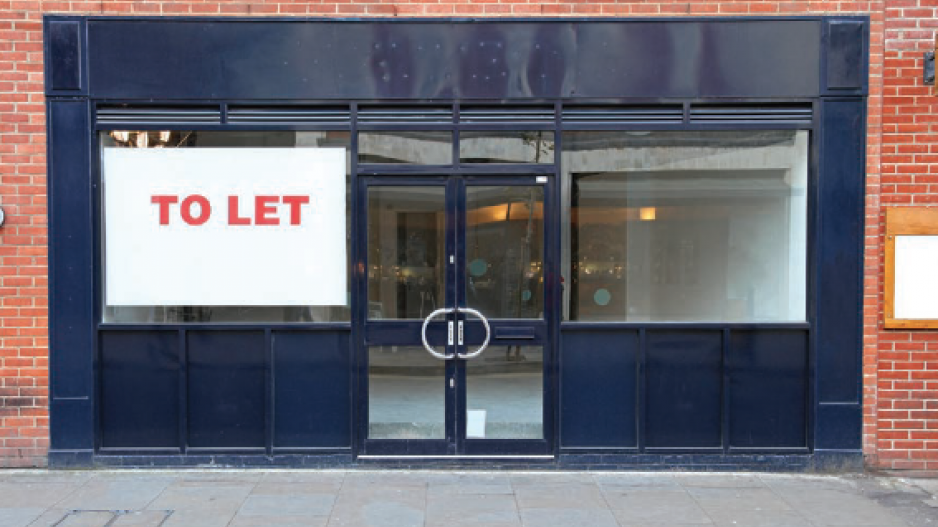The leasing and site-selection process is not easy or even enjoyable for most tenants. But predictable results can be achieved with a proper game plan. This is a monumental decision that can cost you a small fortune if you get it wrong.
The main reason tenants struggle with and fail to lease the optimum site for their business is the lack of knowledge that comes from insufficient experience. If you combine that with impatience, you’ve got a disaster in the making.
As a prospective, new or existing tenant, you must make the location you lease a priority. Let’s be clear here. We’re not talking about loving a property or feeling good or confident that a location is right for your business. We’re talking about doing your homework to ensure that you have made the right choice. If your first priority is to find the right property, then you’ll save time and energy by not working on lease deals that are better left alone because of their mediocre location.
When it comes to leasing commercial space, in general, you get what you pay for, and the more you pay, the better the location. But if that were an absolutetruth, all a tenant would have to do is find the most expensive location for lease and set up shop. But it’s not an absolutetruth. Tenants frequently sign long-term lease agreements agreeing to pay rental rates that could have been negotiated much lower. Part of the reason that the Lease Coach is successful in negotiating lease renewal reductions for so many tenants is because those tenants had initially agreed to pay a rental rate that was too high in the first place.
You should weigh many demographic aspects when considering leasing a new location (or moving your business to a new location).
Consider the following when searching:
Age. The average age of the people living in an area is extremely important to many business owners.
Type of home. Whether people are living in apartment buildings or luxury homes is relevant. For example, people living in apartments can’t always accumulate consumer goods as large-home owners can.
Income. As mean income and the proportion of two-income households vary, so do the ability and desire to spend disposable income at your shop.
Ethnicity. Set up shop where your target customers already live, if possible, rather than try to make them come to you. Leasing space for a new Italian coffee shop in an area populated by Asians who may be more inclined to favour tea over coffee could be a mistake.
Traffic flow past a commercial property becomes more important when your product or service is generic. For example, it doesn’t matter at which store you buy your favourite name-brand cola because the product is the same (although the price may be a factor). Conversely, you might willingly navigate any traffic maze to visit your preferred hairstylist, but not to rent a movie, because a hairstylist offers a personal and unique service experience, but movies all look the same regardless of which store they are rented from.
If you don’t think it matters what side of the street your business is located on, think again. Liquor and grocery stores, for example, do better on the side of the street where most people are driving home from work. Also consider access: do customers have to turn left across a busy street to enter your parking lot?
Lack of visibility for your storefront can cause people to drive right by it, especially if the traffic is heavy. Trees in a parking lot can block signage and restrict visibility for passing drivers. Some landlords overbuild their pad sites near the road, thereby blocking the visibility of the retail plaza behind it.
Remember, you can renegotiate any part of your lease agreement except the physical location.
Selecting the right property and even the right space within the property is like laying the first brick upon which every other brick is laid.
For a complimentary copy of our Leasing Dos & Don’ts for Commercial Tenants, email [email protected]. •
Dale Willerton ([email protected]) is a professional lease consultant who works exclusively for commercial tenants. He is the author of Negotiating Commercial Leases & Renewals For Dummies.




